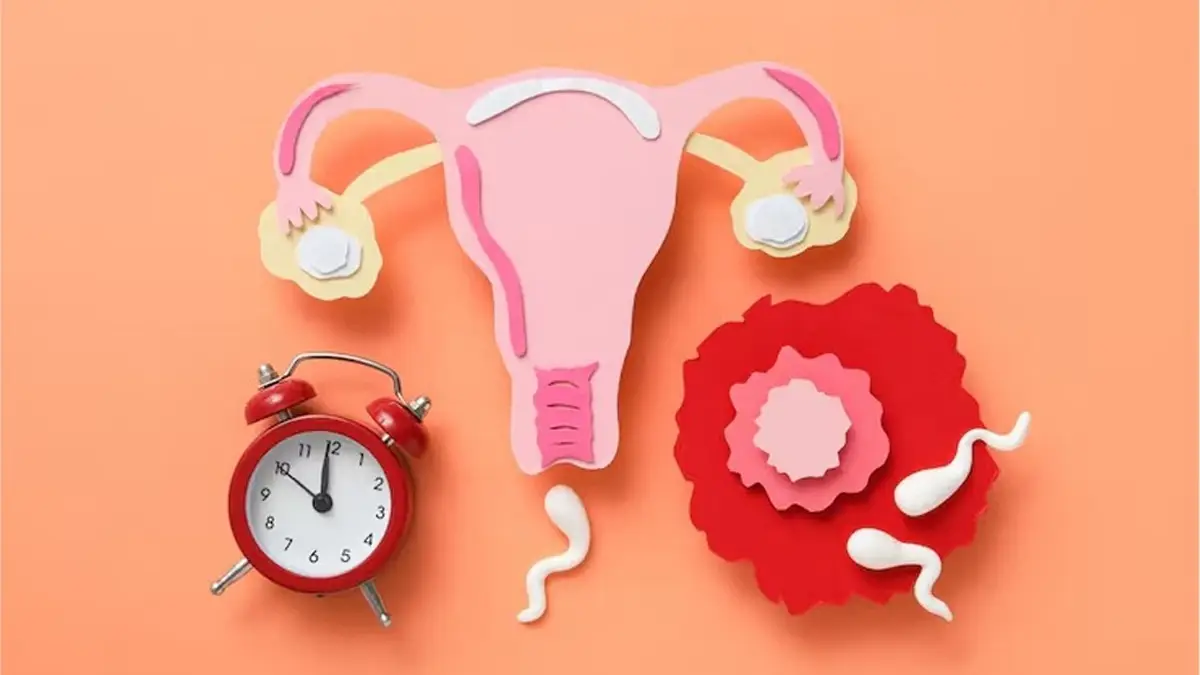Copyright republicworld

Sleep is not just a time for the body to rest; it's when many of our essential bodily functions take place. During sleep, the body restores and repairs itself, balancing hormones, regulating stress levels, and supporting immune function. All of these processes are crucial for maintaining reproductive health. When sleep is disrupted or of poor quality, it can interfere with these bodily functions and, in turn, affect your fertility.For women, sleep plays a vital role in multiple aspects, i.e, it regulates hormonal cycles, particularly the hormones responsible for ovulation.Hormonal Imbalance: According to the publication of the National Institute of Health (NIH), Sleep deprivation disrupts the circadian rhythms that regulate reproductive hormones, leading to dysregulation of the hypothalamic-pituitary-gonadal (HPG) axis (a system in the brain that regulates reproduction through a series of hormonal signals).Disrupted Ovulation: Lack of sleep can throw off your body's internal clock, leading to delayed or absent ovulation, which can make it challenging to get pregnant.Increased Stress Hormones: If you don't get a good amount of sleep, your body releases more stress hormones, such as cortisol. Increased cortisol levels in the body disrupt the delicate balance of reproductive hormones and impair fertility.Chronic Stress: Chronic stress in women, often caused by poor sleep, can contribute to conditions like polycystic ovary syndrome (PCOS), which affects a woman's ability to ovulate properly.Impact on Egg Quality: According to multiple studies, sleep quality may also influence the quality of eggs. Women with disrupted sleep may experience a decline in egg quality over time, which could impact their chances of successful conception and a healthy pregnancy.Consistent Sleep Schedule: A consistent sleep schedule helps improve sleep quality and maintain healthy hormone production.Relaxing Sleep Environment: Create a peaceful and soothing environment in your bedroom to have a restful sleep. You can play relaxing music, choose a comfortable mattress, and pillows to ensure comfort.Avoid Screen Time: The emission of blue rays from the screens, i.e. phones, tablets, and computers, can interfere with melatonin production, which makes it harder for you to fall asleep. Therefore, try to limit screen time before going to bed.Practice Relaxation Techniques: You can practice meditation, deep breathing exercises, or yoga before bed. These methods help to calm your mind, reduce cortisol levels, and improve the quality of your sleep.READ MORE: Start Your Morning With These Habits For A Healthier GutAvoid Caffeine and Alcohol: It is recommended to avoid caffeine and alcohol, as they can disrupt your sleep patterns.



